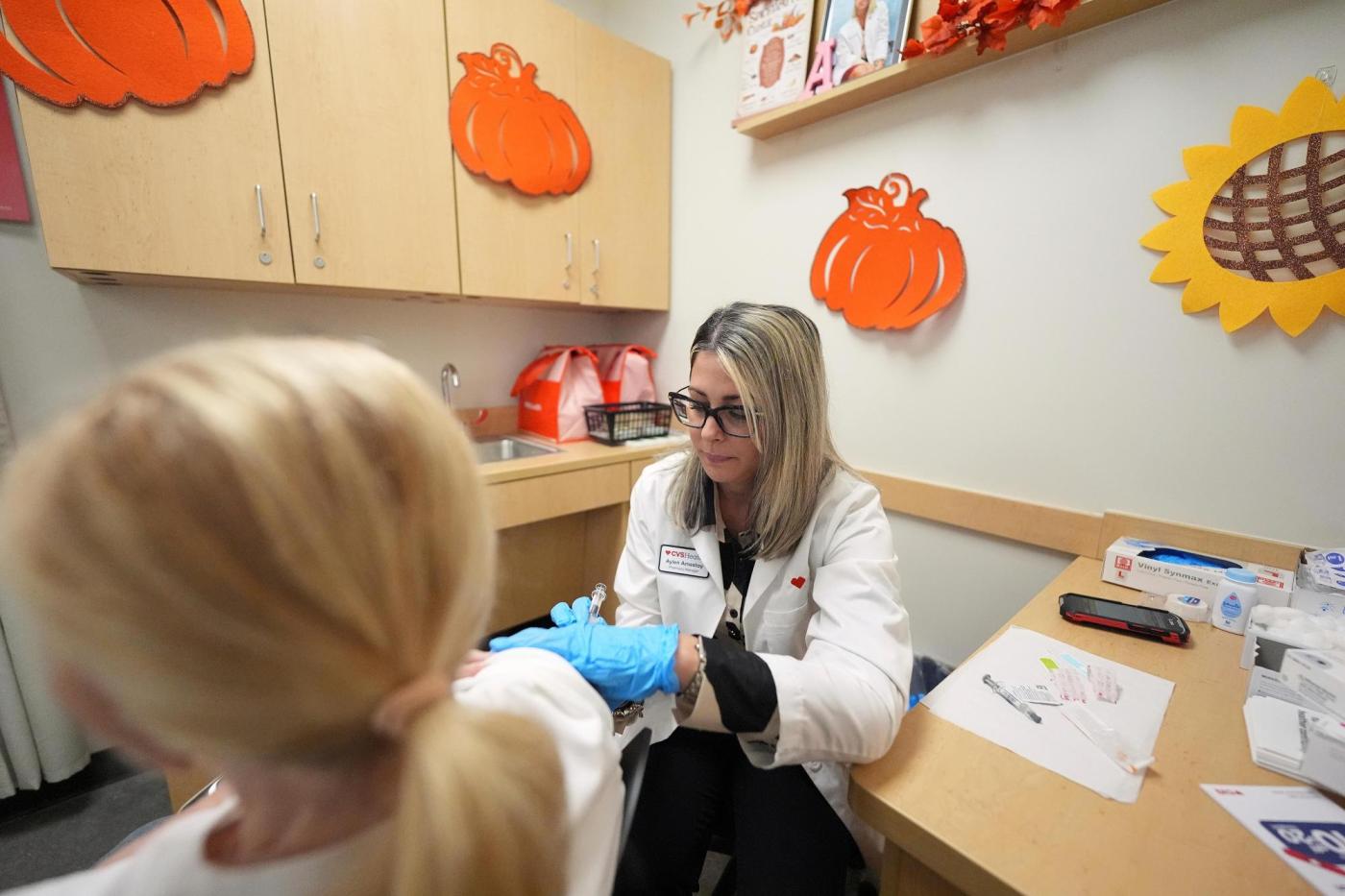Last week, the Massachusetts Department of Public Health (DPH) initiated its annual public awareness campaign for seasonal vaccinations, focusing on both influenza and COVID-19. This year’s campaign, which operates in six languages, employs various media platforms including billboards, buses, emails, and social media to reach a broad audience. The DPH emphasizes the importance of receiving the flu vaccine by October 31, 2023, to build immunity before the flu season peaks.
The campaign specifically targets individuals over 65, those with underlying health conditions, expectant mothers, and parents of children under two years old, who are at a heightened risk for severe illness. For older adults, the DPH recommends three preferred flu vaccines: Fluzone High-Dose Seasonal Influenza Vaccine, Recombinant Influenza Vaccine, or Adjuvanted Influenza Vaccine. If these options are unavailable, any age-appropriate flu vaccine is acceptable.
Vaccination Guidance and Recommendations
The DPH advises that anyone over six months of age should receive both the flu and COVID-19 vaccines, as vaccination is the most effective method for preventing influenza and its complications. High-risk groups include those with chronic medical conditions such as asthma, diabetes, heart disease, and weakened immune systems. Additionally, children aged six months to 18 years on long-term aspirin therapy, as well as residents of nursing homes and long-term care facilities, are also encouraged to get vaccinated.
Health-care workers and anyone who may transmit the flu to vulnerable populations, including caregivers of infants under six months, are also urged to participate in the vaccination effort. “Getting vaccinated for flu and COVID-19 is a simple, safe, and effective way to protect ourselves, our families, and our communities,” stated Dr. Robbie Goldstein, Public Health Commissioner.
Individuals can find more information and locate vaccination sites by visiting mass.gov/SeasonalVaccines. Insurance carriers in Massachusetts are continuing to cover vaccines recommended by the DPH, including the COVID-19 vaccine, which is widely available at various health facilities and pharmacies.
Mixed Results from Gaming Revenue
In a separate update, the Massachusetts Gaming Commission reported on the performance of the state’s casinos and sports betting platforms for September. The three casinos—Plainridge Park Casino, MGM Springfield, and Encore Boston Harbor—generated approximately $95.70 million in gross gaming revenue. This figure marks an 8.9% decrease from August but represents a 3.9% increase compared to the same month last year.
Plainridge Park Casino, categorized as a slots facility, is taxed on 49% of its gross gaming revenue, with 82% of that amount allocated to local aid and 18% to the Race Horse Development Fund. Meanwhile, MGM Springfield and Encore Boston Harbor, classified as resort-casinos, are taxed on 25% of their revenue, which is directed to various state funds. The September figures resulted in approximately $27.357 million in taxes for the state.
The state’s seven mobile sports betting licensees also contributed to the monthly totals. Together, these platforms generated about $52.35 million in taxable sports wagering revenue, despite a significant increase in betting handle, which reached a record $800.3 million. The sportsbook revenue, however, dropped by 28% compared to September 2024, indicating that increased betting activity did not translate into higher earnings.
Of the sports wagering revenue, approximately $51.9 million originated from online betting, while retail sites accounted for only $386,916. Sports wagering operators are taxed at a rate of 20%, yielding around $10.4 million in tax receipts for the month. The state has collected approximately $339.15 million in total taxes from licensed sports wagering operations since their inception in January 2023.
Despite ongoing concerns regarding problem gambling, the state continues to rely on revenue generated from these gaming operations to fund critical services.
